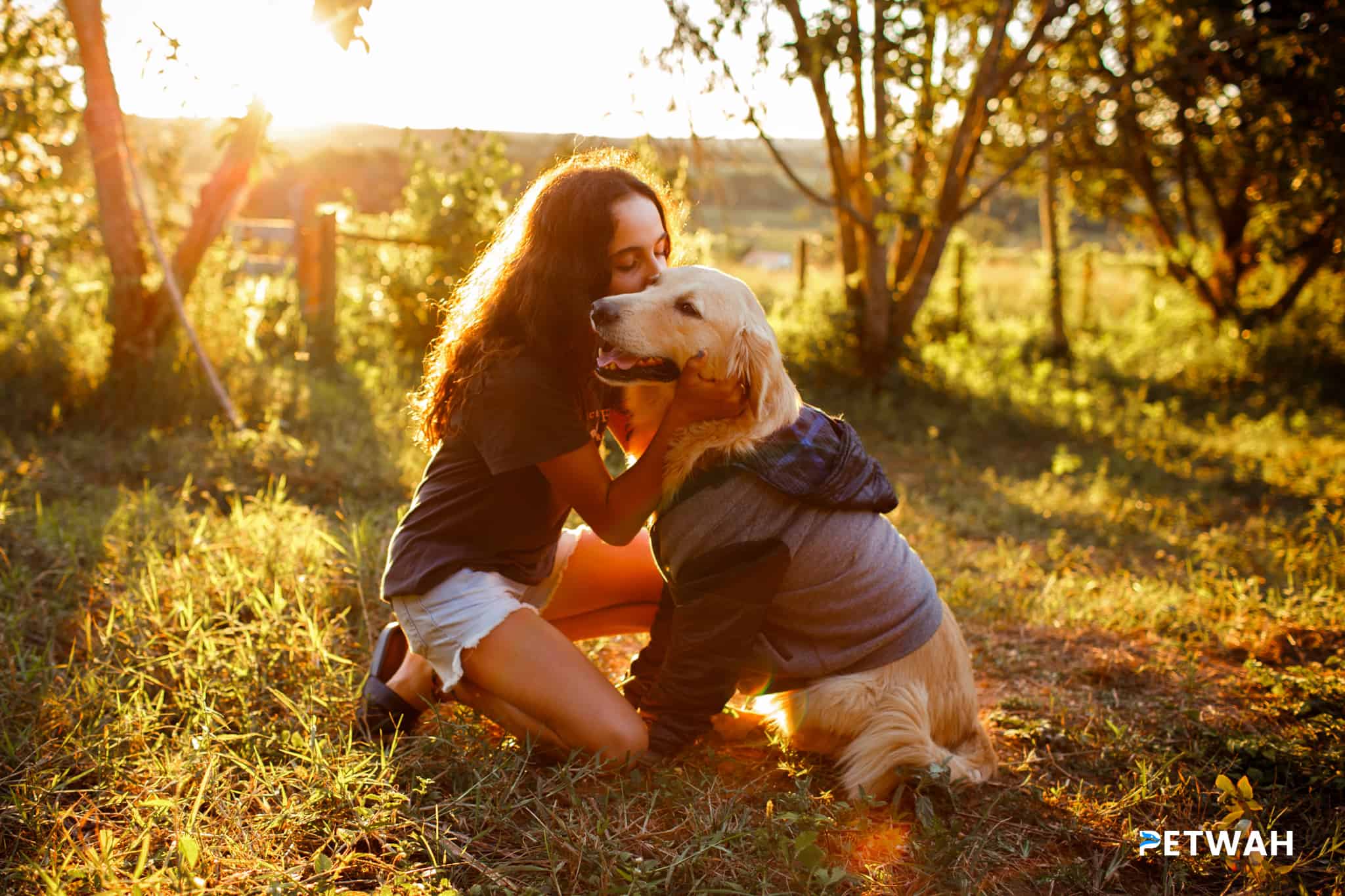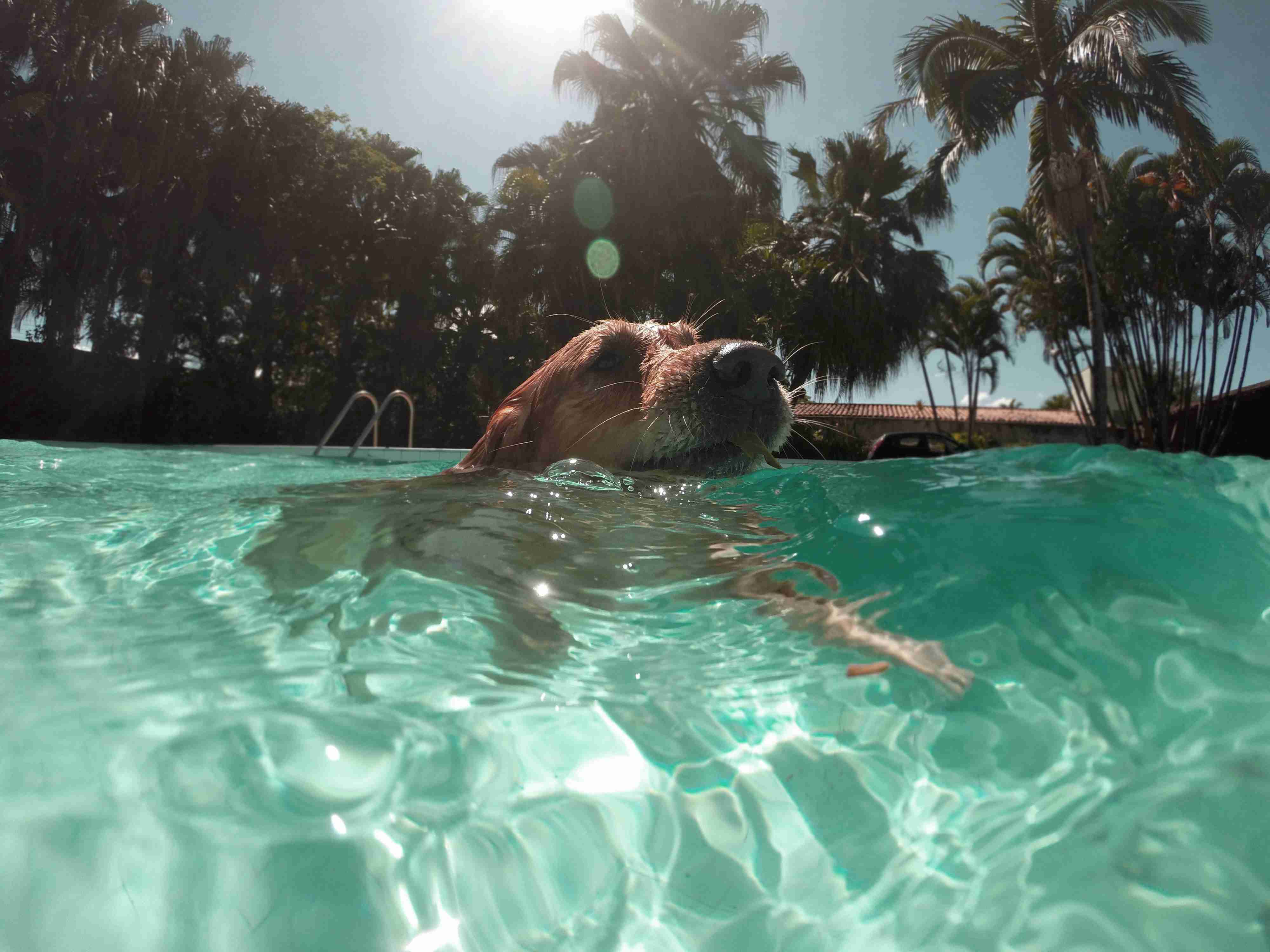As a pet owner, you always want to ensure that your furry friend is healthy and happy. However, just like humans, dogs can also fall sick, and one of the illnesses that can affect them is canine coronavirus. Canine coronavirus is a highly contagious viral infection that affects dogs of all ages and breeds. It is transmitted through contact with infected feces, contaminated surfaces, or contact with other infected dogs. In this blog post, we will discuss the symptoms of canine coronavirus and how it can be treated, so you can be better equipped to take care of your furry friend in case they fall ill.
Canine coronavirus is a highly contagious virus that affects dogs. It is a disease that affects the digestive system of dogs and is caused by the canine coronavirus strain (CCV). This virus is not the same as the human coronavirus, and it cannot be transmitted from dogs to humans.
In this blog post, we will discuss the symptoms of canine coronavirus and the treatment options available for your furry friend.
Symptoms of Canine Coronavirus
The symptoms of canine coronavirus can vary from dog to dog, and in some cases, dogs may not show any symptoms at all. However, the most common symptoms include:
1. Diarrhea: Canine coronavirus can cause diarrhea in dogs. The diarrhea may be mild or severe and may last for several days.
2. Vomiting: Dogs with canine coronavirus may also vomit frequently.
3. Loss of appetite: Dogs with canine coronavirus may lose their appetite and may not want to eat.
4. Lethargy: Dogs with canine coronavirus may become lethargic, and they may not want to play or exercise.
5. Dehydration: Diarrhea and vomiting can lead to dehydration in dogs. If your dog is not drinking enough water, it may become dehydrated.
6. Fever: Dogs with canine coronavirus may also have a fever.
If you notice any of these symptoms in your dog, it is important to take them to the vet as soon as possible.
 - Copy.jpg)
Treatment for Canine Coronavirus
The treatment for canine coronavirus is focused on managing the symptoms and preventing dehydration. Your vet may recommend the following treatments:
1. Fluid therapy: This involves giving your dog fluids to prevent dehydration.
2. Medications: Your vet may prescribe medications to manage the symptoms of canine coronavirus, such as anti-diarrheal medication.
3. Rest: Your dog will need plenty of rest to help their body fight off the virus.
4. Nutritional support: Your vet may also recommend a special diet for your dog to help them recover.
Preventing Canine Coronavirus
The best way to prevent your dog from getting canine coronavirus is to keep them away from other dogs that are infected. It is also important to keep your dog’s environment clean and to wash your hands after handling other dogs.
In addition, there is a vaccine available for canine coronavirus. Vaccination can help reduce the risk of your dog getting infected.
Conclusion
Canine coronavirus is a common disease that affects dogs, and it is important to be aware of the symptoms and treatment options available. If you notice any symptoms in your dog, it is important to take them to the vet as soon as possible. With proper treatment and care, your furry friend can recover from this disease.
As a responsible pet owner, it’s essential to keep an eye on your furry friend’s health and wellbeing. Canine coronavirus can be a severe illness that affects your dog’s digestive system. However, with proper care and treatment, your pet can recover and get back to their happy and healthy self. Remember to keep your dog’s vaccinations up to date and consult with your veterinarian if you notice any symptoms. With the right care and attention, you can help your furry friend overcome this challenging illness and enjoy a long and happy life together.


%20-%20Copy.jpg)

.jpg)
%20-%20Copy%20-%20Copy.jpg)


